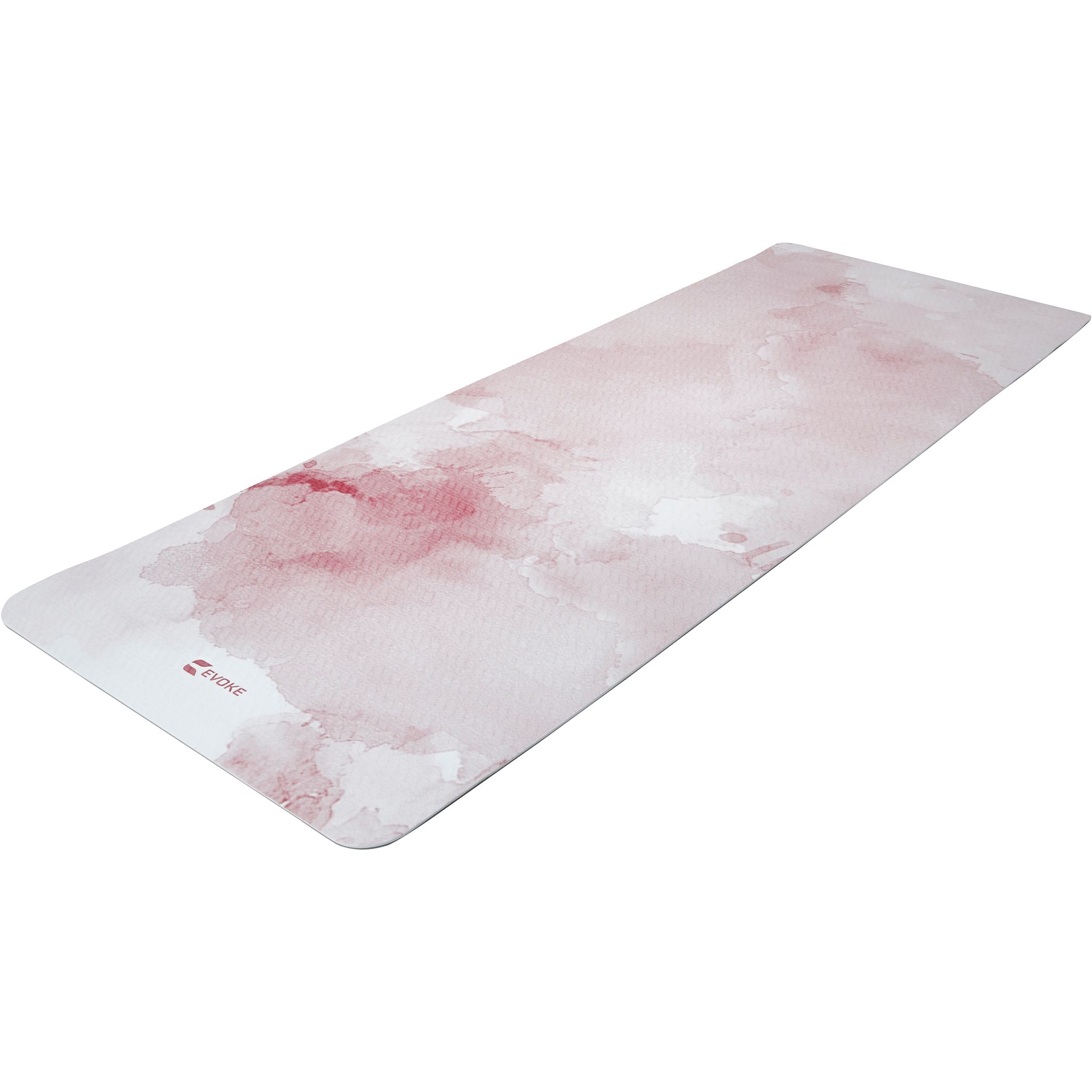
Buy Sugarmat West Coast TPE Yoga Mat-In Your Mind's Eye-5.0 mm Buy Online at best price in UAE-Fitness Power House

sugarmat Chinoiserie Collection suede professional yoga mat (3mm thick – FIT MART 香港智能健康及運動生活用品專門店:筋膜槍、瑜伽輔助工具、智能健身設備

Jual Sugarmat Yoga Mat / Matras Yoga Premium PU 3mm / Mamounia - Kab. Tangerang - Peloton Apparel | Tokopedia

Sugarmat Luxurious & Non-Slip 3mm Suede Yoga Mat for Yoga & Pilates (Includes Yoga Strap) - Dream Catcher Red - Non-Faded Red Color, Mats - Amazon Canada

11 yoga mat stores in Singapore that offer quality so your mat will last for a long time - AVENUE ONE

Sugarmat Luxurious & Non-Slip 3mm Suede Yoga Mat for Yoga & Pilates (Includes Yoga Strap) - Soft Awakening - Non-Faded Blue Color, Mats - Amazon Canada










:max_bytes(150000):strip_icc()/LIFORME-Original-Yoga-Mat-Blue-nick-kova-photo-02-1c1efb84a729464496d83b5e3211bbcd.jpeg)







:max_bytes(150000):strip_icc()/yoga-mat-test-group-nick-kova-photo-18-b468766266e14c358d482f1259b3d439.jpg)
